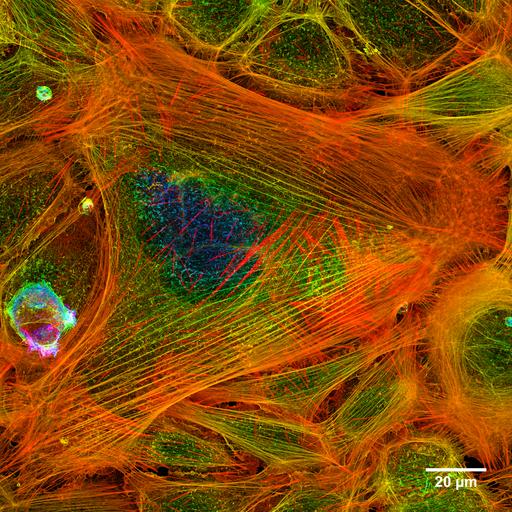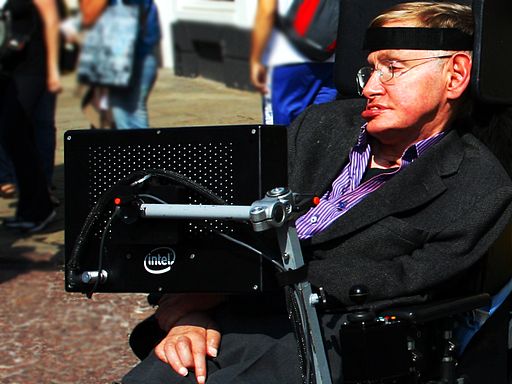How did B. F. Skinner view crime and punishment?
VIDEO: 4 in. 46 sec. B. F. Skinner’s Shaping Experiment (Skinner’s Box)
Skinner proved that animals and humans could be conditioned to behave in desirable ways.
Skinner did not advocate the use of punishment. His main focus was to target behavior and see that consequences deliver responses.
From his research came “shaping” (described above) which is described as creating behaviors through reinforcing. He also came up with the example of a child’s refusal to go to school and that the focus should be on what is causing the child’s refusal not necessarily the refusal itself.
His research suggested that punishment was an ineffective way of controlling behavior, leading generally to short-term behavior change, but resulting mostly in the subject attempting to avoid the punishing stimulus instead of avoiding the behavior that was causing punishment. A simple example of this, he believed, was the failure of prison to eliminate criminal behavior. If prison (as a punishing stimulus) was effective at altering behavior, there would be no criminality, since the risk of imprisonment for criminal conduct is well established, Skinner deduced.
However, he noted that individuals still commit offences, but attempt to avoid discovery and therefore punishment. He noted that the punishing stimulus does not stop criminal behavior; the criminal simply becomes more sophisticated at avoiding the punishment. Reinforcement, both positive and negative (the latter of which is often confused with punishment), he believed, proved to be more effective in bringing about lasting changes in behavior.
Source: http://www.psychologistanywhereanytime.com/famous_psychologist_and_psychologists/psychologist_famous_b_f_skinner.htm
Given that drug addiction may be viewed as a behavior that needs treatment, Portugal decided to decriminalize drug usage (remove the element of punishment), while still retaining laws against drug use.
To see the effect Portugal’s decriminalization of drugs has had on Portugal’s addiction problem, visit the next page.



